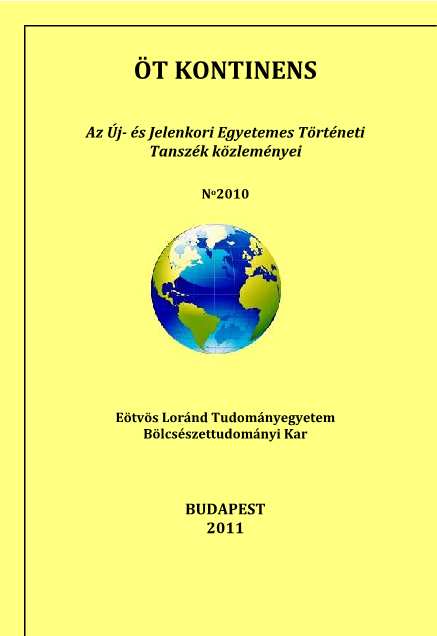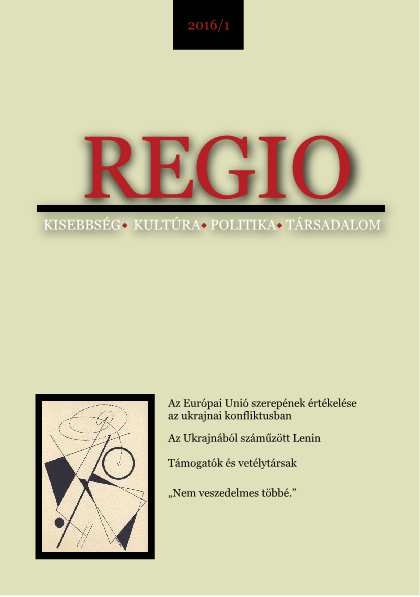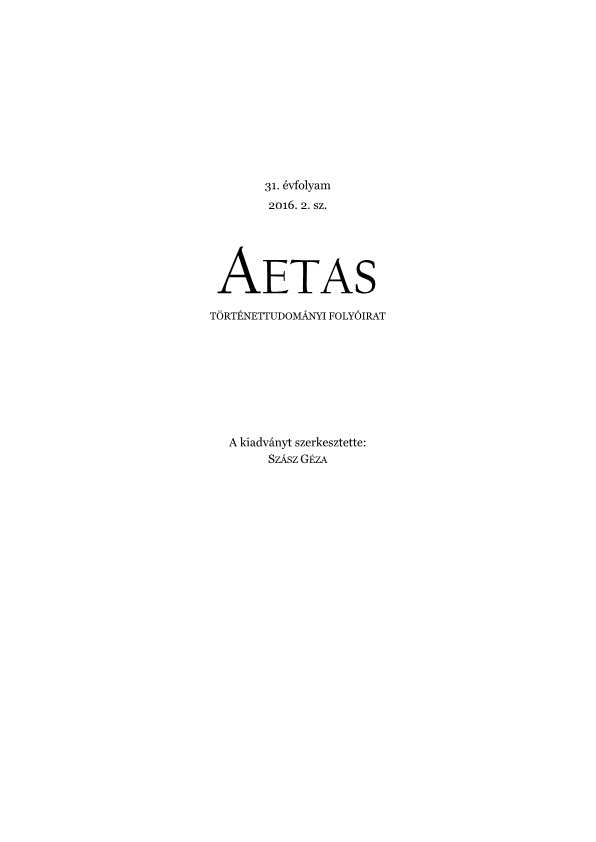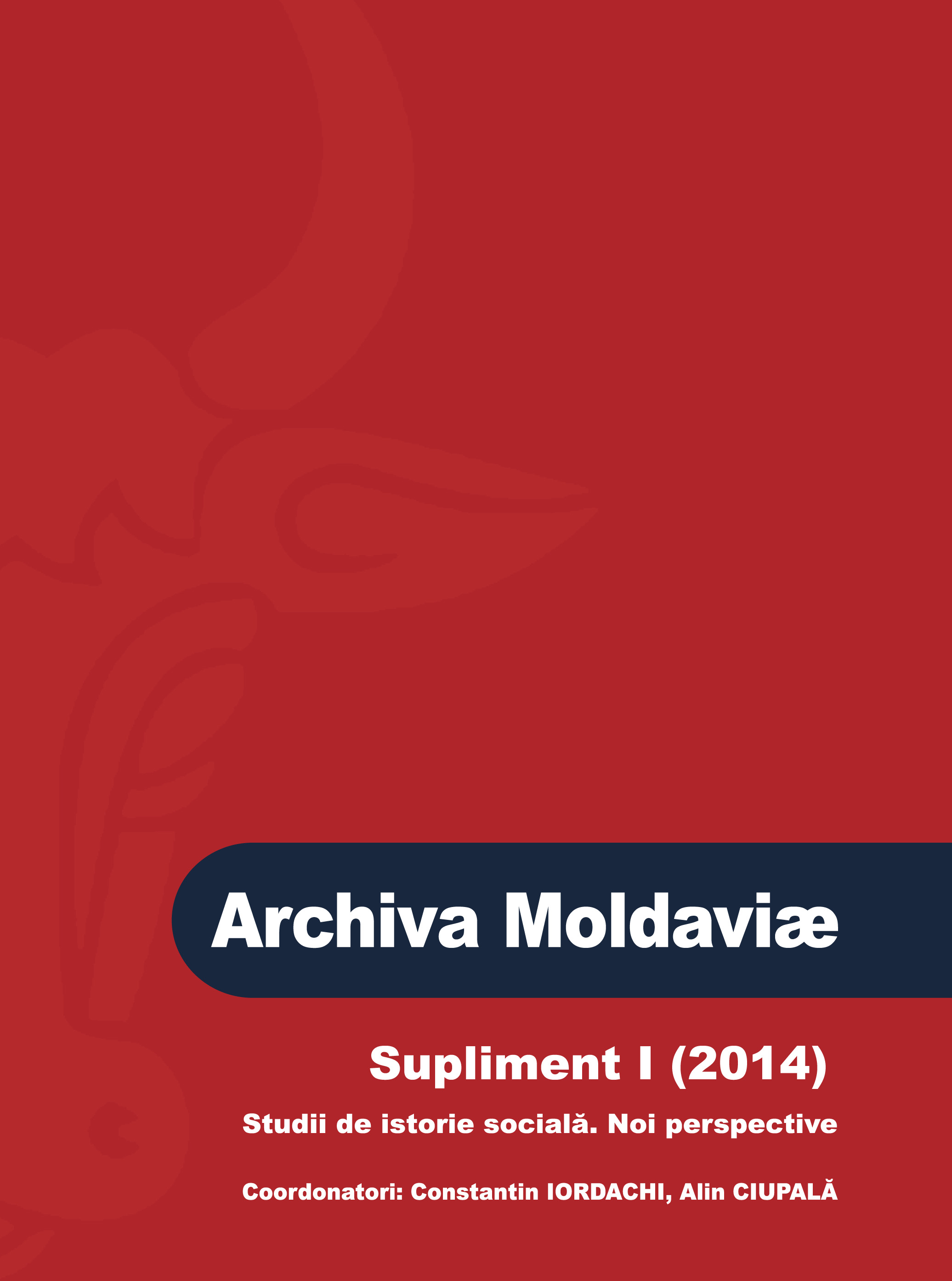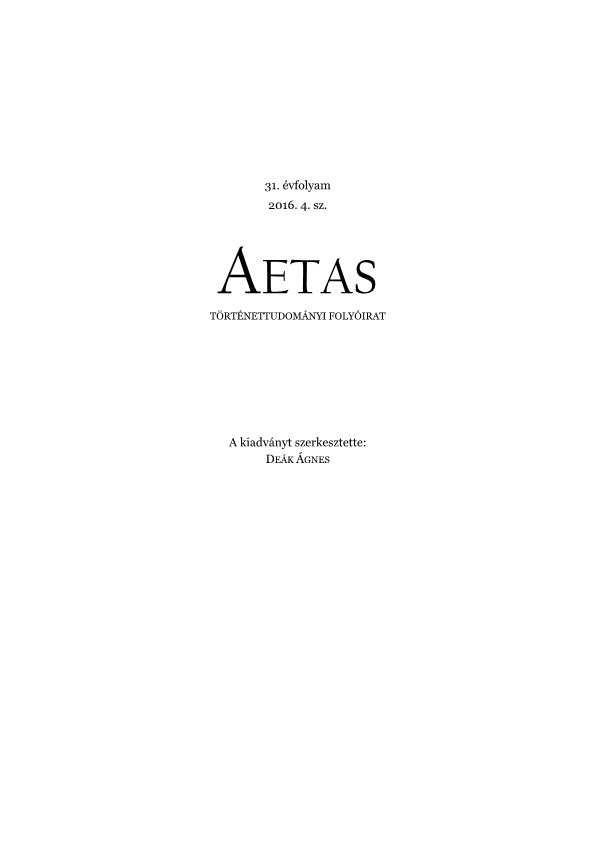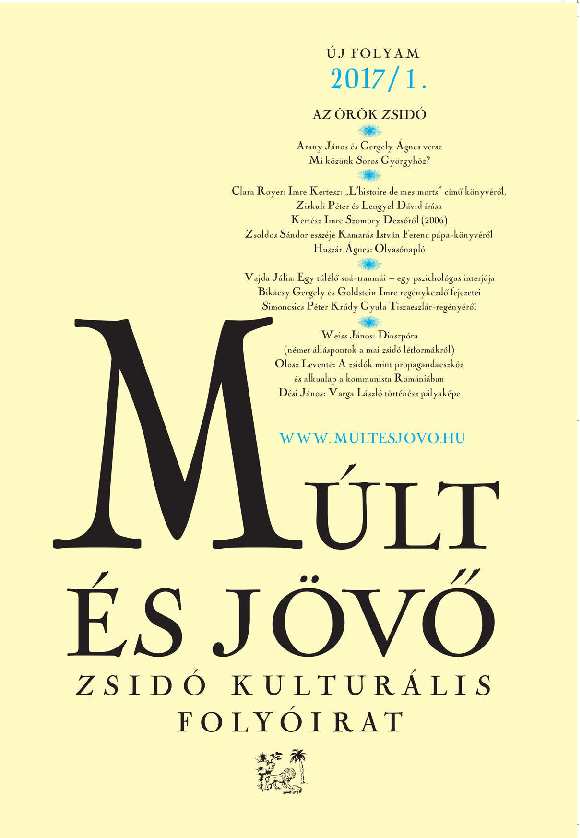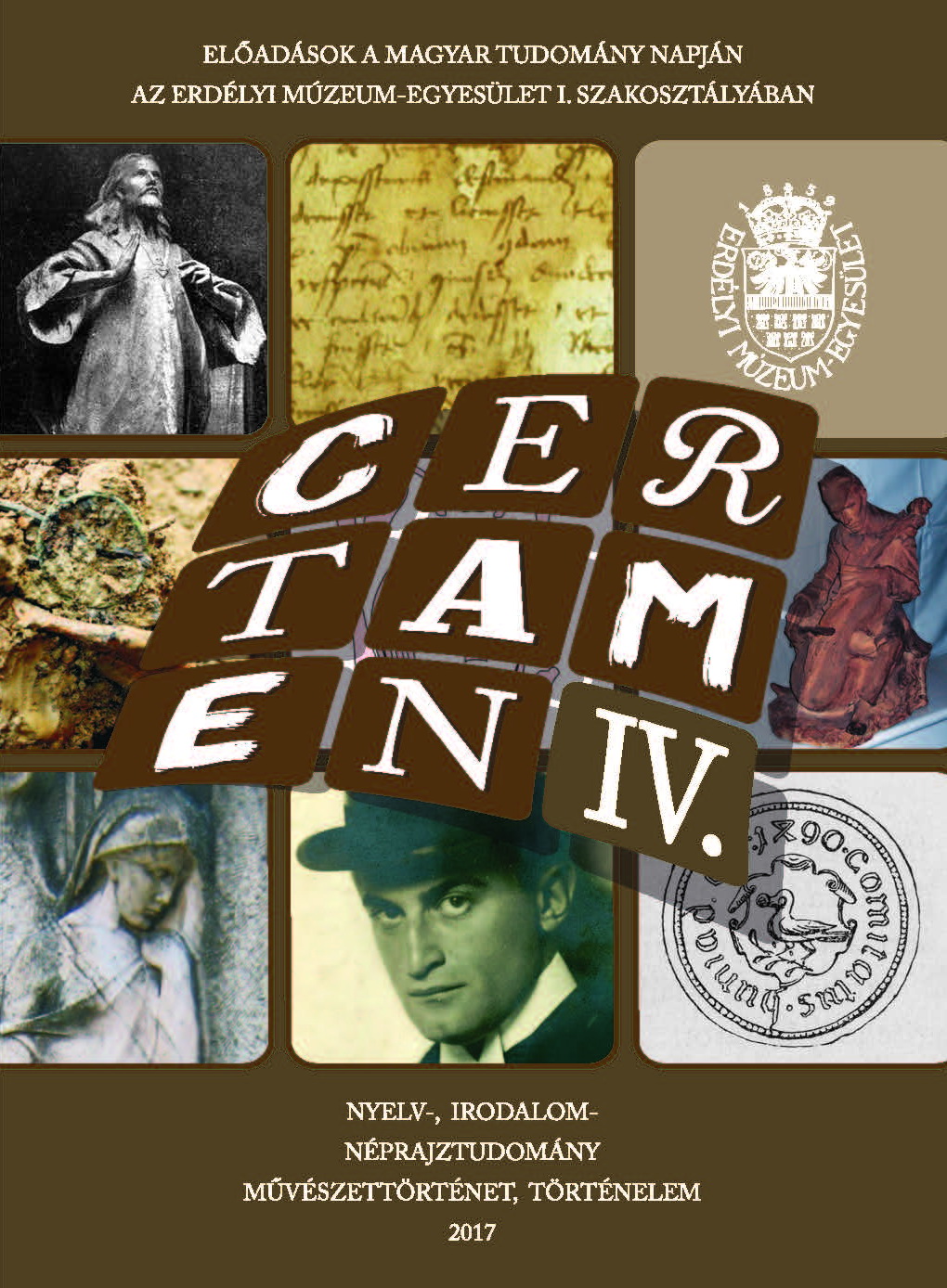Veprimtaria e Hasan Prishtinës në Vitet 1918-1921
This paper treats the three-year period of the actions of the eminent patriot, Hasan Prishtina, since the end of the First World War until the end of 1921. There is briefly discussed his activity in the important moments of our national history. Hasan Prishtina, at the beginning addresses the US President Woodrow Wilson, regarding to the national unresolved issue of our people. Then, there is described his activity as a member of the Committee “The National Defense of Kosova”, and as a leader of the Delegation of the Versailles Peace Conference. Also, there are dozens of memorandums and paperworks that are sent by Hasan Prishtina for the protection of Plava and Gucia’s people and of Kosova in general, during 1919, before and after the Albanian uprisings against Serbian-Montenegrin invaders. He criticizes the government’s negligence in Durrës, and he will be a supporter of the government formed in Lushnja, which, for a while, had empowered Albanian mind. Hasan Prishtina, as a faithful democrat, wanted the national freedom of his brothers in Kosova as well, who openly supported the resistance movement, for which the Albanian governments of the years 1920-1921, according to him, were shown not persistent, and this severely hindered him. Hasan Prishtina in the Albanian Parliament as an elected deputy, will dispute with a group of Albanian deputies who thought "to blandish Serbia". However, he demanded the parliament to be active and persistent in raising the voice against atrocities of Serbian-Montenegrin power, which was acting against the Albanian people in Kosova. Hasan Prishtina thought properly that the national issue is too sorely to be carried by only the half of the nation. Two united halves make a whole nation and will affect more strongly to the solution of the Albanian issue. In December 1921, Hasan Prishtina was elected Prime Minister, and he stayed only five days in the post. Moreover, Hasan Prishtina was excluded from the Albanian Parliament and for him will begin numerous vicissitudes of illegal life, until the end of his life on August 14, 1933.
More...
